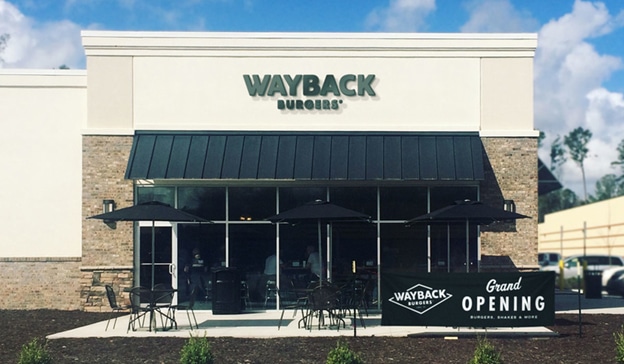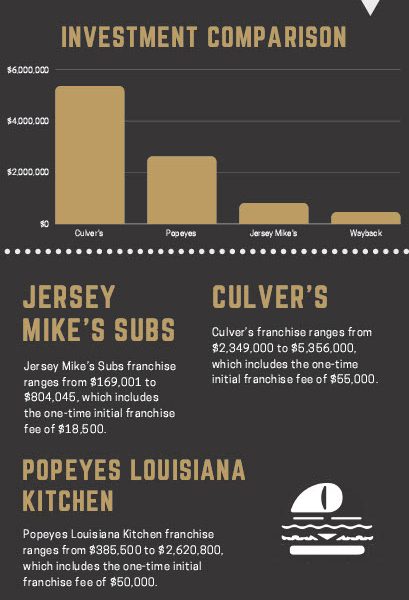Let’s start by talking about entrepreneurs. There are those that see themselves as entrepreneurial; the often self-proclaimed entrepreneurs who take risks and either find success or find failure. And others who possess all the characteristics of an entrepreneur but have not quite taken the leap into entrepreneurship. Many may not even realize they are true entrepreneurs.
So, what is an entrepreneur?
A 2012 article on Forbes.com, titled The Real Definition Of Entrepreneur — And Why It Matters, defines entrepreneurs as “those who identify a need — any need — and fill it. It’s a primordial urge, independent of product, service, industry or market.” Entrepreneurs are the driving force behind economic cycles, innovation and market trends.
Maybe You Are an Entrepreneur. Now What?
At some point in their career, most entrepreneurs realize that they are no longer satisfied with their role in corporate America and begin to feel unfulfilled. Sure, the steady paycheck and benefits are great, but entrepreneurs have a fundamental need to do more, to be more than the sum of their paychecks.
This is when they find themselves beginning to evaluate other options – “If I leave my job to pursue business ownership, what kind of business would I start and how will it help me achieve my short- and long-term goals?”
Do Your Research — Start Local, Think Global
For entrepreneurs considering business ownership, it is important to do as much research as possible about what kind of business to start. On a local level, gaining an in-depth understanding about businesses in your area can help identify common success factors for thriving businesses or challenges that owners have faced.
Then ask yourself what opportunities exist for attracting customers from in town and neighboring towns that will fill a need within the community and help you achieve your personal and financial goals.
Market research at the community level and on a more global scale will also offer insight into what sectors have been growing and are most likely to see both long- and short-term growth given certain economic conditions. Looking at current trends, for example, the quick-service restaurant (QSR) industry has shown steady growth over the past five years and, according to a late 2018 MarketWatch.com press release, is projected to continue to grow at a CAGR of 4.61 percent through 2022.
Wayback Burgers is a great example of a fast-casual burger franchise that is growing at an impressive rate. The fast casual brand increased its system size in 2018 by 14 percent and expects to see similar growth over the next couple of years.
Franchise vs. Independent
Starting a new business can be challenging, especially if you have never built a business from the ground up, or you want to open a business where you can capitalize on upward growth trends in a sector you are unfamiliar with. The good news is, franchising gives you the opportunity to do just that. Moreover, capitalizing on the tools, support, training and brand recognition that a franchise can offer is one of the best ways to put your entrepreneurial traits and skills to work.
According to the NPD Group, a U.S.-based market research company, the number of independent restaurants in the U.S. has decreased, while the number of franchised QSR units – particularly in the fast-casual sector — has increased.
Finding Success in Franchising
There are benefits and drawbacks to both starting an independent business and buying into a franchise. Building a business on your own allows you more autonomy, but also leaves you with no support. If your background isn’t in restaurant ownership or management, chances are, you don’t know much about starting, growing and operating a successful restaurant. But if you want to capitalize on the growth trends in the fast casual segment, buying into a franchise is likely to help you meet your goals quicker.
Wayback Burgers offers qualified candidates the opportunity to open and operate a business in the highly sought-after fast casual sector with a small footprint and a big upside. Currently operating in 30 states and seven countries, the Connecticut-based burger franchise increased its system size by 14 percent in 2018, reaching 156 locations, and is projecting similar growth for 2019. Wayback offers initial training and ongoing support for all its franchisees and works diligently on finding innovative ways to offer franchisees the opportunity to increase revenue while adding value to the guest experience. For more information on how to get started visit https://waybackburgers.com/franchising/.




